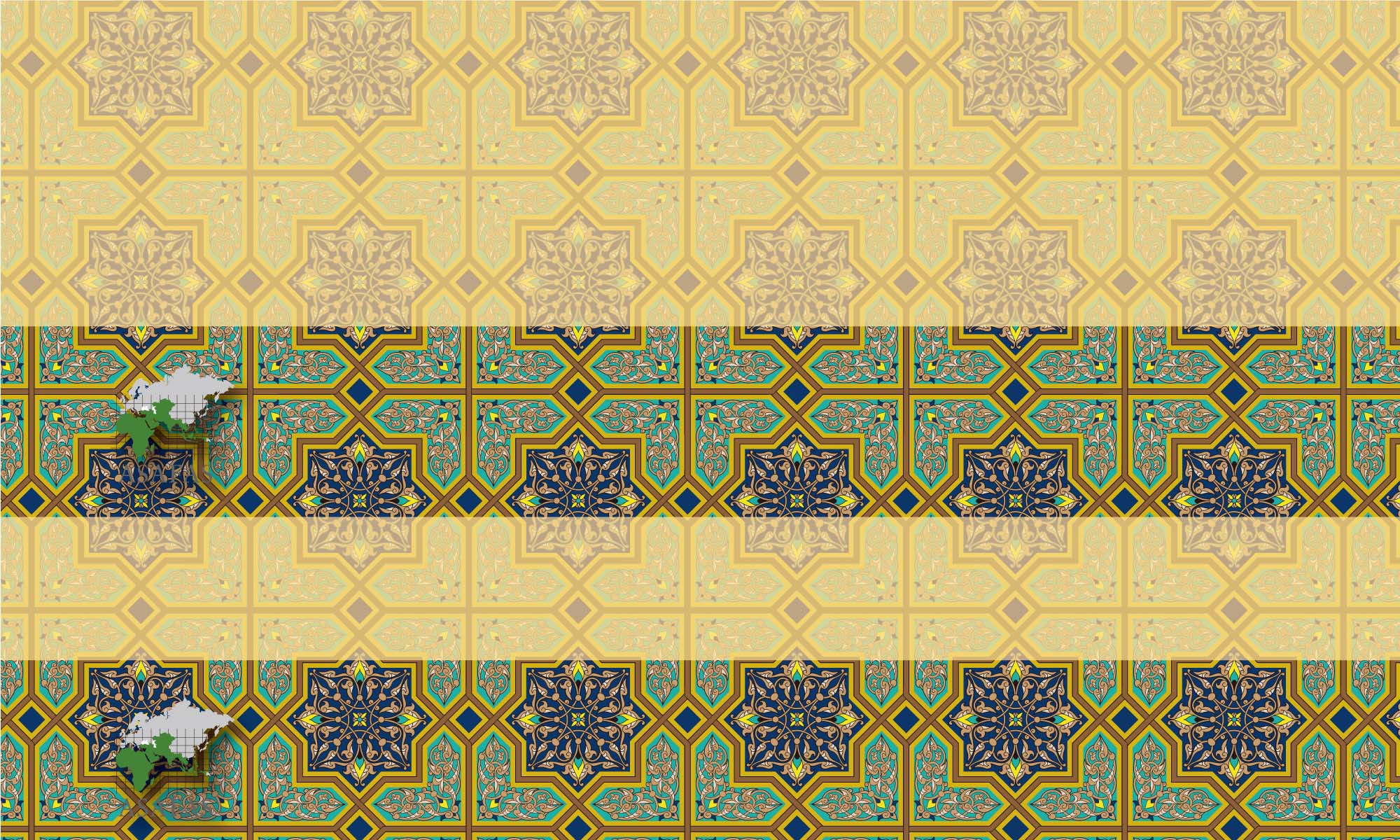The 2nd Research Meeting (2023) of “Research on Moderate Islam in the Non-Arab World: From the Cases of Indonesia, Pakistan and Turkey (22H00034, JSPS)” (“Moderate Islam”)
Date: November 12th Sunday, 2023
Venue: Through online
Report 1: SASAKI Takuo (Kurume University) “Religious Pluralism in Indonesian Islam: From Kartini to Nurcholish Madjid”
In Indonesian Islam, where interreligious harmony is an issue, “religious pluralism,” which advocates the plurality and equality of religions under a transcendent God, has developed as a trend of thought. It can be traced back to Kartini during the Dutch colonial period, and was also reflected in the founding ideals of the country by Sukarno. What is even more important is that from the end of the 1960s onwards, it was inherited by some “Muslim intellectuals,” including Ahmad Wahib, Johan Effendi, Gus Dur, and Nurcholish Madjid. Although it cannot be denied that the patronage of the Suharto regime existed in the background of their intellectual endeavors, religious pluralism may have survived due to the depth of their religious/theological thinking itself.
Report 2: AKAHORI Masayuki (Sophia University) “Between Moderate Islam and Islamic Moderates: Exploring the “Anthropology of Islam” through Fieldwork”
This presentation delved into the application of Talal Asad’s concept of “discursive tradition” to ethnographic writing based on fieldwork. It examined a case study involving three close relatives of Bedouins in the Western Desert of Egypt. The discussion centered on how these individuals, influenced by their ages and the nature of their education, held varying perspectives on what constitutes “correct Islam.” Furthermore, it explored how they engaged in exchanging and debating their opinions. One of the subjects also underwent changes in his attitude towards Islam between 1993 and 2011.
From this analysis, it is highlighted that the arenas where discursive traditions are formulated are highly fluid. Consequently, it is imperative to view Islamic moderates, alongside Islamic radicals, as actively shaping their own discursive traditions through exercising their own disciplinary powers. This emphasizes the necessity of situating the concept of “moderate Islam” within a specific socio-political context rather than assuming it as self-evident.
The presentation underscored that while “moderate Islam” is often perceived as a counter movement to radical Islam, it also comes to adopt a religious nationalism and some other political orientations as radical Islam does. Despite the presentation’s organizational shortcomings, it generated fruitful discussions, including the suggestion of using the term “middle way” (中道) instead of “moderate” (穏健). This suggestion holds promise for expanding research frameworks from dichotomous one of moderate and radical to encompass radical Islam, moderate Islam, and secularism.
